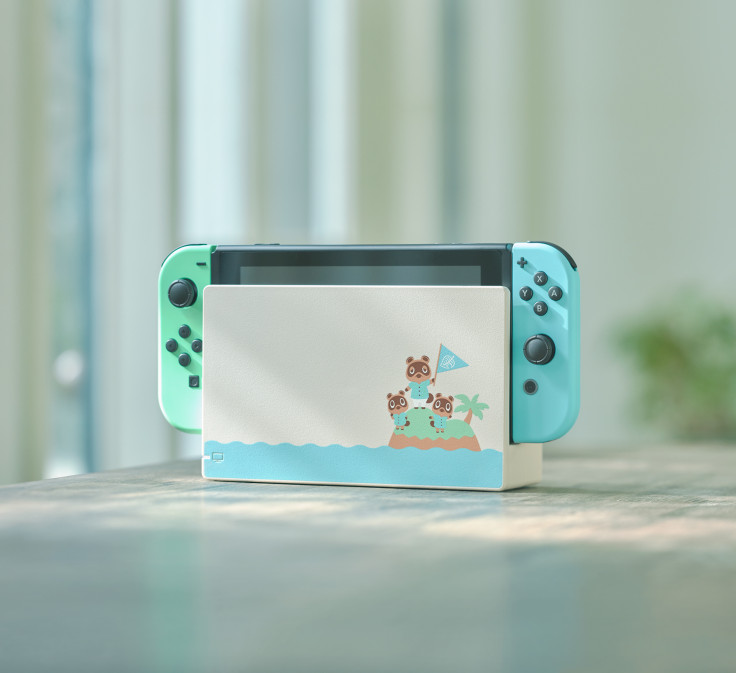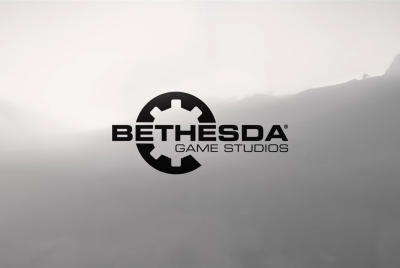Nintendo Switch production ramping up to make up for global shortages
Japanese suppliers have recently revealed that Nintendo switch orders for the next few months have exceeded their expectations by as high as 50 percent.
The gaming market is noticing a significant upsurge in sales as people isolate themselves at home due to the coronavirus outbreak. In fact, it has recently reached a point where consumers can no longer buy brand new units for their original price. While the PS4 and Xbox One X are still available occasionally, the Nintendo Switch appears to be sold out everywhere. Despite the manufacturing and shipping restrictions in place, the Japanese company confirms it will bump up production to meet demands.
Earlier this year, before the World Health Organization (WHO) declared the pandemic, Chinese retailers were already importing the international version of the hybrid game system. Furthermore, with the lockdown in China, local stocks of "Ring Fit Adventure" are likewise sold out. The next hint of a shortage followed shortly after the announcement of the "Animal Crossing: New Horizons" edition. Nintendo confirmed that shipments are indefinitely delayed.
Japanese suppliers have recently revealed that orders for the next few months have exceeded their expectations by as high as 50 percent, reports Engadget. Therefore insiders privy to the inner workings of Nintendo claims that the company plans to ramp up production by 10 percent more than what it delivered in 2019. Gamers who can no longer wait for restocks are now forced to purchase their Switch units from resellers at higher prices.
Due to the COVID-19 health crisis, Chinese manufacturing facilities remain below operational capacity. While most analysts can attribute the shortages to this predicament, others launched investigations into the matter. It was uncovered that one of the biggest contributors to the issue is the profitable resale market.

With the use of bots, resellers are allegedly buying out all available stocks of the Nintendo Switch the moment retailers post it online. These are then sold with a hefty premium tacked on to unsuspecting consumers. In 2016, when the NES Classic Edition was launched, a similar situation was observed wherein resellers took advantage of demand from the holiday shopping rush. As of now, it still remains unclear how Nintendo plans to overcome the SARS-CoV-2 restrictions to resupply retailers with dwindling Switch inventories around the world.
© Copyright IBTimes 2025. All rights reserved.

















